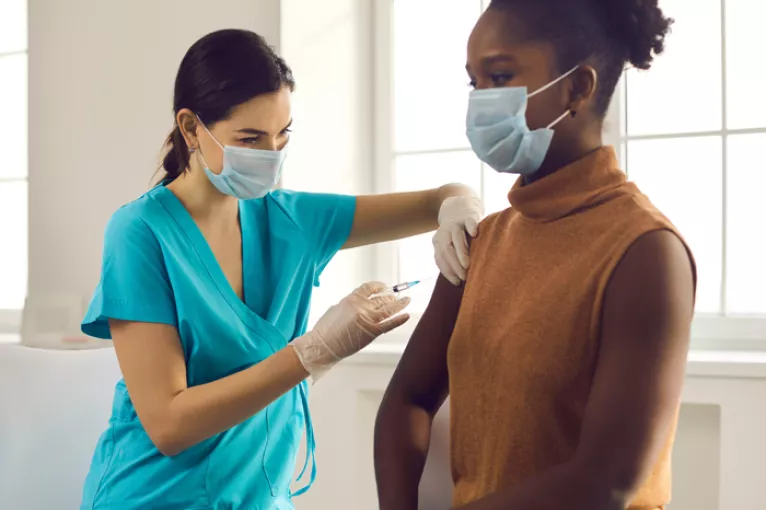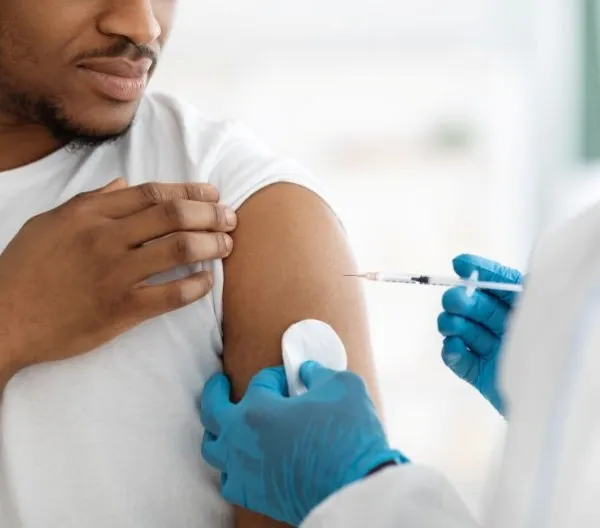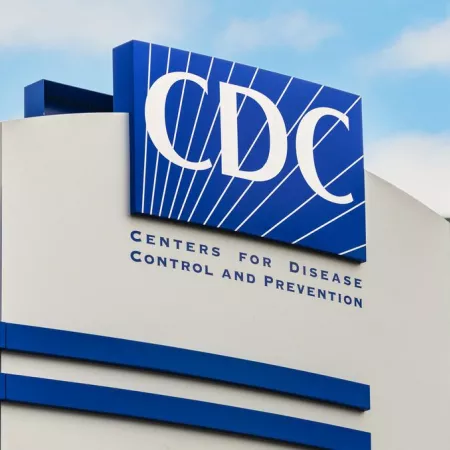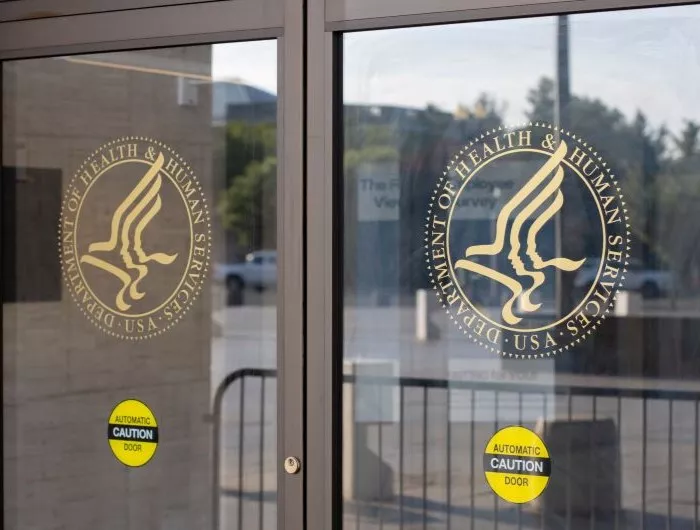Ongoing
1. Potential changes to the Vaccine Injury Compensation Program
Secretary Kennedy posted on X on Jul. 28 that he is working with the Attorney General to “fix” the Vaccine Injury Compensation Program (VICP), a longstanding effort that provides limited liability for vaccine manufacturers and administrators, thus reducing market barriers, as well as compensation for people who have been injured by vaccines.
He followed the post with an interview with Charlie Kirk, former Executive Director of Turning Point USA, but failed to articulate any concrete steps he and HHS are taking to address the issues he identified. This is on the heels of Sec. Kennedy bringing Drew Downing, a lawyer with experience suing vaccine manufacturers, into HHS to work on the VICP. HHS has never stated specifically what Downing was brought on to accomplish. It is clear that Sec. Kennedy does have levers with regard to liability exposure that could indeed impede access to vaccines.
(No change from the previous update.)
Changes to the VICP have the potential to dramatically reduce access to vaccines. This will remain on the list until we know more. – JR
2. HHS mismanages the measles response in the Southwest
As of Nov.18, there have been 1,753 confirmed cases of the disease, including 211 hospitalizations and three deaths; this is the largest number of cases in a single year in the US in 33 years. Growing numbers of cases in Utah and Arizona are cause for concern.
The outbreak in West Texas has ended in part because the virus sickened so many people it ran out of susceptible people to infect. The number of communities where people are undervaccinated has grown, meaning there are increasing pockets of susceptibility to additional outbreaks of measles.
During the response to the West Texas outbreak, Sec. Kennedy made a number of misstatements about the safety of the measles vaccine, endorsing unproven treatments, and preventing experts from briefing the public. HHS also cut grant funds for the states' measles responses.
In early November, Canada lost its measles-free status, and experts are concerned the US could be next.
This year we have seen three measles-related deaths, including two in children. The combination of reduced support for immunization efforts, false information about vaccines coming out of HHS leadership, and a growing number of under-vaccinated communities means that the risk of additional measles outbreaks this year is actually going up, not down. This item will stay on our list until the outbreak ends or the US loses its measles-free status. – SD
3. HHS moves $500 million to study older vaccine technology favored by two appointees
As noted in the New and Updated item 1 above, HHS has permanently pulled $500 million from contracts for next-generation vaccines and is using the funds to study a type of “whole-virus" vaccine technology championed by two political appointees. “Whole-virus” vaccines are 70 years old and thought by many scientists to be less effective and cause more adverse effects than newer technologies.
(No change from the previous update.)
This item, described in more detail in previous updates of the Straight Shot, will stay on our list until we learn more about this enormous investment of federal resources. – JS
4. HHS and autism
On Apr. 10, Sec. Kennedy announced in a cabinet meeting that HHS has launched an effort to understand the causes of autism, with results expected in September. He has since amended that timeline, saying that there will be some information in September and “more definitive” information coming six months after that. On May 7, CMS and NIH announced that they will be sharing data in order to investigate the causes of autism. We're watching whether this effort will proceed in a scientifically rigorous manner, including whether it will attempt to point to vaccines as the cause of autism.
Autism also came up at the press conference on Sep. 22. President Trump insinuated a link between autism and vaccines, saying, “And by the way, I think I can say that there are certain groups of people that don't take vaccines and don't take any pills that have no autism. That have no autism. Does that tell you something?”
The recent change to the CDC website on autism and vaccines (#1 in New and Updated above) now cites the ongoing autism work at HHS, suggesting that there is anticipation that the project will implicate vaccines.
We’ll keep this issue on the list as this project progresses – PL
5. New ACIP working group to target vaccine schedule
On Oct. 8, the CDC posted the terms of reference for a new Child and Adolescent Immunization Schedule Workgroup as part of its ACIP.
The workgroup will be evaluating a number of issues, including timing and order of immunization and co-administration of vaccinations. The workgroup will also be examining the use of certain vaccine ingredients, including aluminum, which is used as an FDA-approved adjuvant (a compound that enhances immune responses) in a number of childhood vaccines, including the vaccines for DTaP, Hepatitis A and B, pneumococcus, and meningococcus. There are presently no alternatives to these formulations.
In an interview, ACIP chair Robert Malone confirmed that the workgroup was planning to investigate aluminum. (See the Aug. 7 issue of The Straight Shot for an item on Sec. Kennedy challenging the validity of a study that found no association between aluminum and various neurodevelopmental conditions.)
It certainly sounds like the fix may be in for this Workgroup. The only question is how wide-ranging these changes will be in affecting access. We will keep this on the list until the workgroup reports out. – SD
Archived this week
1. CDC calls on manufacturers to break apart MMR vaccine
Acting CDC Director Jim O'Neill called on vaccine manufacturers to replace the current approach, in which vaccines for measles, mumps, and rubella are combined into one shot, with one in which each vaccine is administered separately. This follows comments from President Trump at a press conference (noted in the previous Straight Shot) where he called for this change that would increase the number of shots children receive.
The claim that it is safer to give three shots instead of one originated in a study that was retracted years ago. There is no justification for doing so. The combination vaccine has undergone full FDA approval. Moreover, there are no FDA-approved single antigen vaccines that could replace the MMR vaccine. Calls to break the vaccine apart do nothing but undermine confidence in this vaccine amid a national measles outbreak. They also make it likely that overall vaccine uptake will decline. – Editors
2. CDC finalizes ACIP recommendations–with changes
On Monday, Oct. 6, HHS formally adopted recommendations from last month’s ACIP meeting; CDC updated its immunization schedule the following day. As noted in the Sep. 25 issue of the Straight Shot, the most noteworthy change to the schedule is that the Covid-19 vaccine is now recommended only with “shared clinical decision-making” for adults and children.
Interestingly, although ACIP did vote on a Covid-19 vaccine recommendation specific to pregnant women, the official recommendation CDC issued does include pregnancy as a medical condition for which the Covid-19 vaccine is recommended as part of shared clinical decision-making. This is a reversal from the recommendations Secretary Kennedy ordered CDC to issue that specifically exempted pregnant women from the Covid-19 vaccine recommendation.
Meanwhile, parents continue to struggle to access Covid vaccination for their children because some pharmacies and pediatricians’ offices are not stocking this vaccine.
While CDC’s issuance of formal vaccine recommendations did allow for people to finally get vaccinated against Covid-19, the chaos surrounding the ACIP meeting and the rollout of this season’s immunizations has contributed to ongoing confusion. – JR
3. Trump administration fires CDC employees
More than 1,000 employees at the CDC, including staff leading the response to the ongoing measles outbreak, were fired as part of the recent shutdown-associated layoffs. But soon after, word came that some (perhaps many) of the layoff notices had been sent in error and would be reversed.
Where's that emoji for the facepalm? Unfortunately, this is not a joke, and it is awful to treat CDC staff in this way. – Editors
4. HHS cuts funds for vaccination in states and for its own vaccine staff
A federal judge has ruled that the Administration cannot proceed—in certain states that sued—with billions in cuts to state public health funds. In the other states that did lose funding, some funds were used to support vaccination clinics; other funds were used for outbreak monitoring and response. Personnel cuts to CDC vaccine activities have remained in place.
(No change from the previous update.)
This item, detailed in previous updates of The Straight Shot, has been resolved; states that sued the government saw their funding restored. – JR
5. CDC hires another anti-vaccine advocate
We’ve previously highlighted the hiring of various staff within HHS who come in with strong anti-vaccine records. The most recent of these hires is Mark Blaxill, father of a child with autism and founder of SAFE MINDs, an organization that promoted the theory that thimerosal in vaccines causes autism. Blaxill has not been trained as a physician or a scientist and it is not clear what role he will be playing at the CDC. He is currently a senior advisor in the Office of the Director.
As CDC sheds scientists with years of experience, the ranks of the anti-vaccine advocates joining the agency continue to grow. – SD














